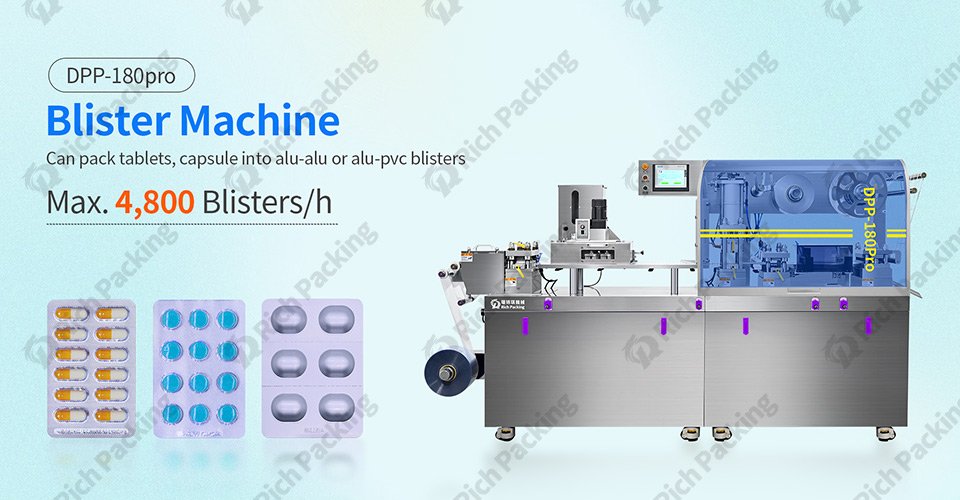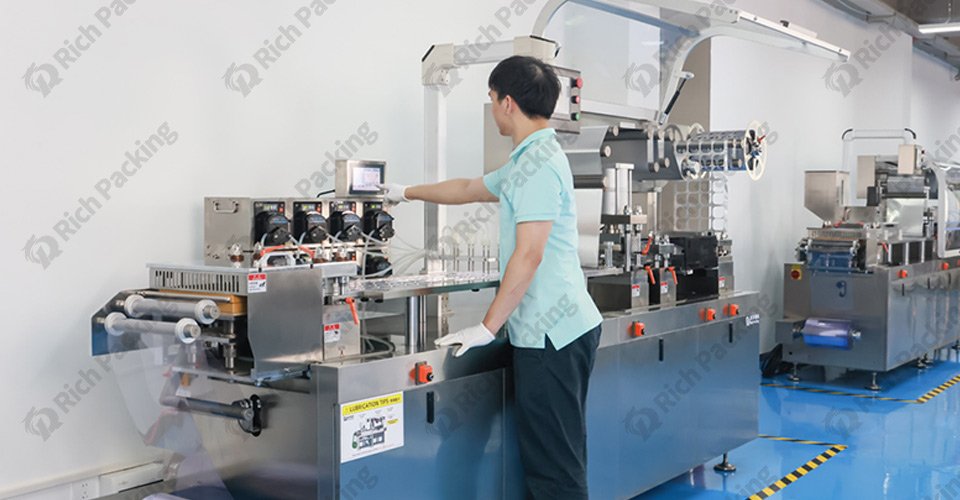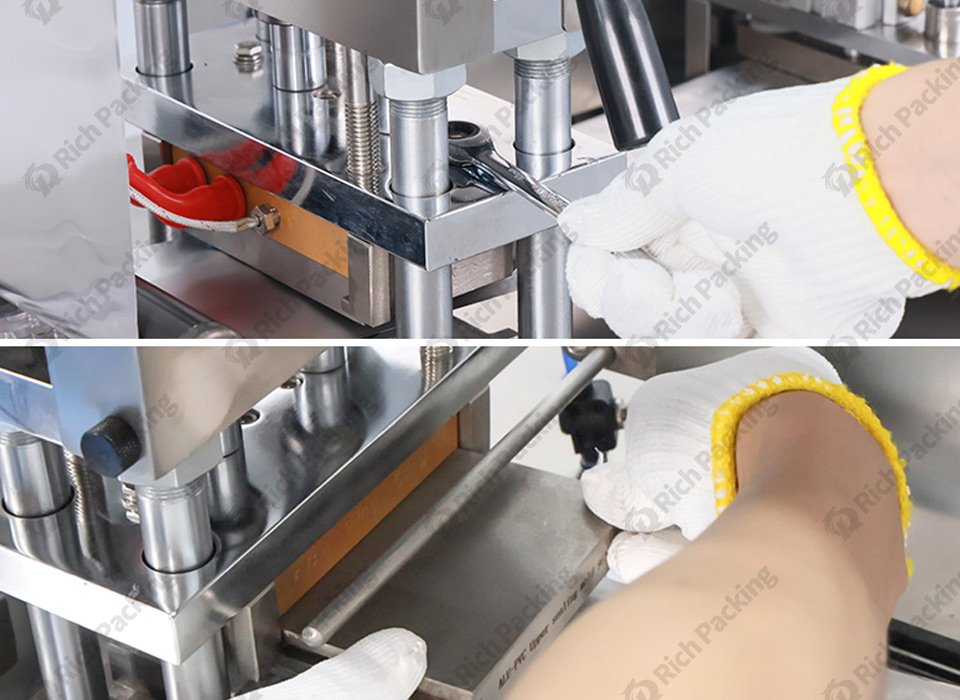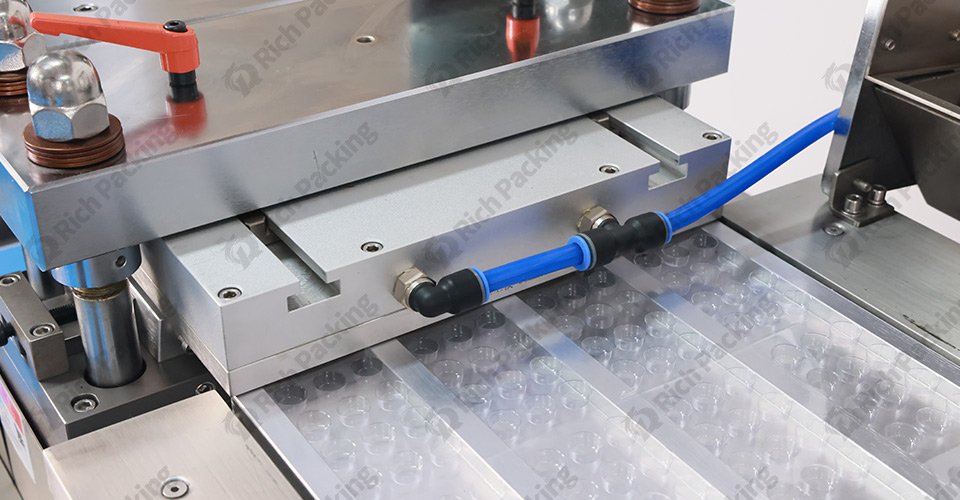Categories
New Blog
Tags
In the realm of packaging technology, the Blister Packaging Machine stands as a paragon of efficiency and innovation. This machinery is pivotal in the production lines of various industries, including pharmaceuticals, food, and consumer electronics, for its ability to provide a secure, aesthetically pleasing, and cost-effective packaging solution. As with any mechanical system, the proper use and maintenance of a Blister Packaging Machine are paramount to ensure optimal performance and safety. This article delves into the intricacies of operating this machinery, highlighting key precautions and best practices.

The Blister Packaging Machine Overview:
At its core, a Blister Packaging Machine is designed to form, fill, and seal plastic blisters that hold products in place, often paired with a card backing. These machines can operate through various methods, including heat sealing, ultrasonic sealing, or cold sealing, each serving different packaging needs. The machine's primary components include a forming station, filling station, and sealing station, all of which work in concert to produce high-quality blister packs.
Before initiating the machine, a thorough inspection is essential to check for any loose parts or irregularities. Post-inspection, the operation can commence with the following steps:
1. Power On and Initialization: Engage the machine's power and initiate the control system to ensure all components are functioning correctly.
2. Material Loading: Carefully load the packaging materials, ensuring they are free from defects and correctly aligned with the machine's feeding mechanism.
3. Setting Adjustments: Configure the machine settings according to the specific packaging requirements, including blister size, sealing temperature, and production speed.
4. Production Run: Start the production run, monitoring closely for the first few cycles to ensure consistency and quality.
5. Quality Checks: Periodically inspect the produced blister packs for any defects in sealing or material integrity.

Safety should never be an afterthought. When operating a Blister Packaging Machine, adhere to these critical safety measures:
- Always wear appropriate personal protective equipment (PPE), including safety glasses, gloves, and closed-toe shoes.
- Keep hands and foreign objects away from moving parts during operation.
- Ensure that all emergency stop buttons are easily accessible and functional.
- Train operators on the machine's safety features and emergency procedures.
Regular maintenance is the key to a Blister Packaging Machine's longevity and reliability. Key maintenance practices include:
- Daily checks of the machine's lubrication points to ensure smooth operation.
- Cleaning the machine after each use to prevent residue buildup, which can affect packaging quality.

- Checking for debris in the machine's path and clearing any blockages.
- Verifying that the sealing temperature is set correctly for the material being used.
- Ensuring that all blades and cutting tools are sharp and in good condition.
The Tablet Blister Packaging Machine is a specialized variant tailored for the pharmaceutical industry. It incorporates additional features to meet the stringent requirements of drug packaging, such as:
- High-precision die cutting for accurate blister formation.
- Advanced sealing technologies to ensure hermetic seals, protecting the integrity of the medication.
- Compliance with Good Manufacturing Practices (GMP) for pharmaceutical production environments.

The Blister Packaging Machine is a multifaceted tool that demands respect and proper handling. By understanding its operation, adhering to safety protocols, and committing to regular maintenance, businesses can leverage this machinery to enhance their packaging capabilities. The Tablet Blister Packaging Machine, with its specialized features, ensures that pharmaceutical products are packaged to the highest standards of quality and safety. As we progress further into the era of automation and precision, the role of these machines becomes even more critical in maintaining the efficiency and effectiveness of packaging processes.